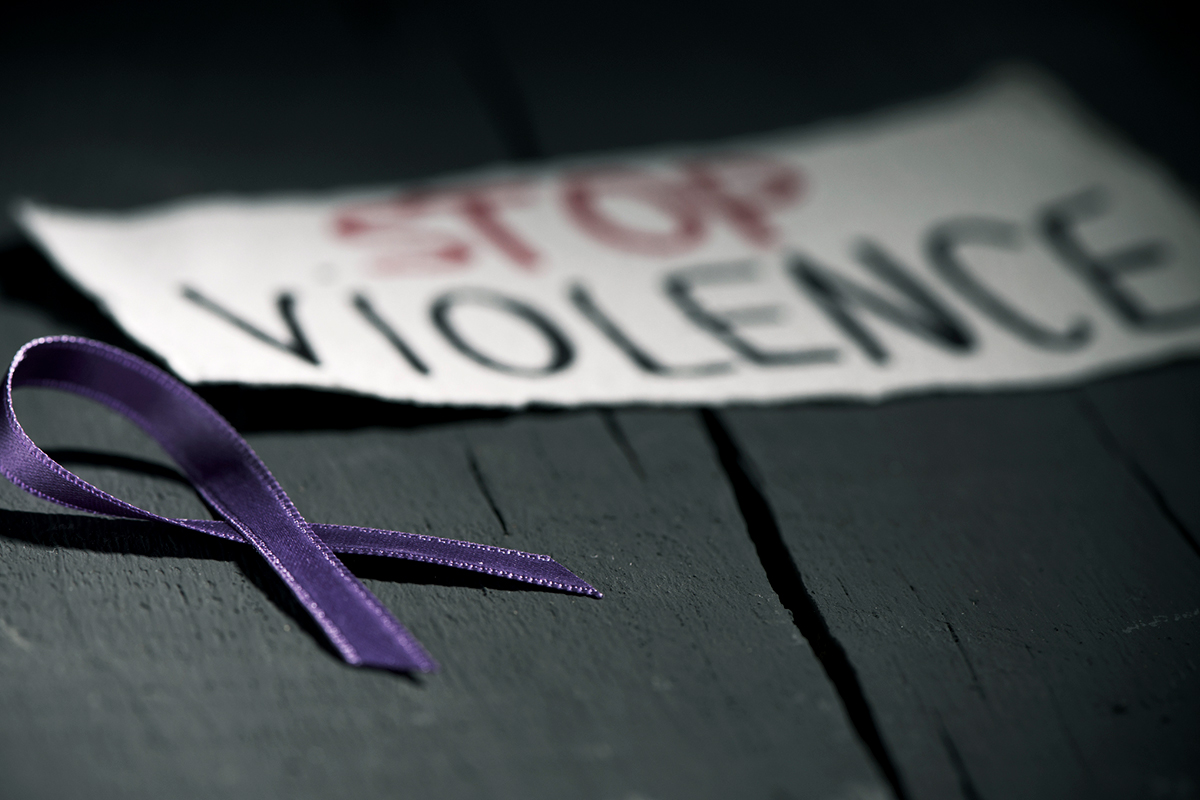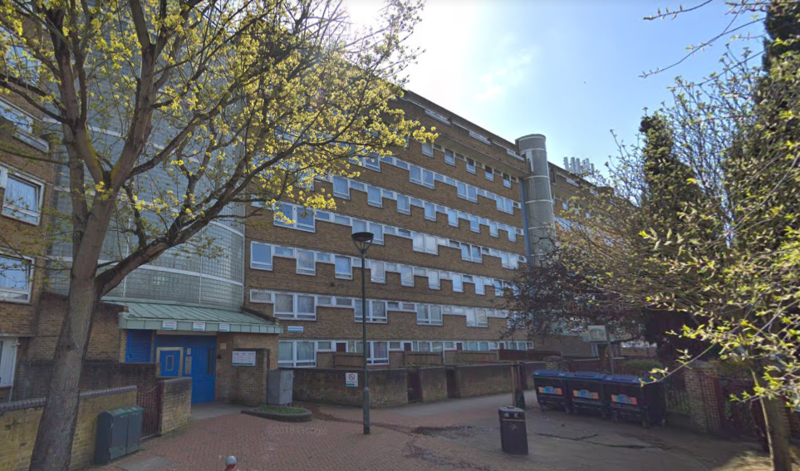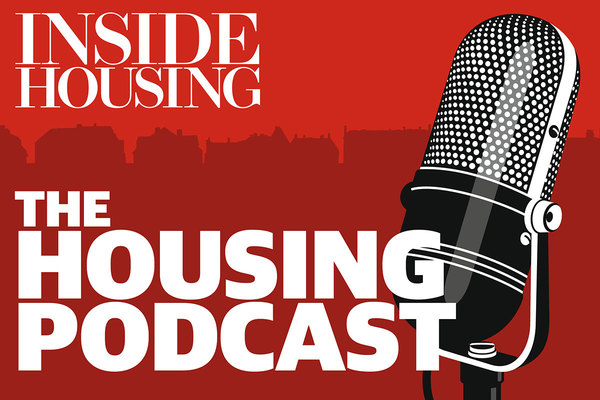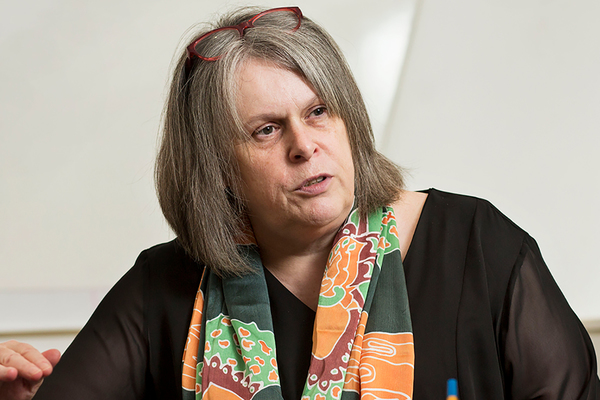How Southwark has changed its approach to domestic abuse and homelessness
Southwark Council’s temporary accommodation project for domestic abuse survivors recently received a very positive evaluation. Housing management and modernisation cabinet member Kieron Williams explains how the council has changed its approach
To feel safe in your own home is one of life’s most important foundations. Yet for millions of people across our country, home can be a place of fear not sanctuary. The numbers are stark: 2.4 million adults experienced domestic abuse last year, the large majority of whom being women.
What is increasingly clear is just how much this abuse is driving homelessness. Evidence in recent years has been overwhelming: 24,000 people a year in England alone are made homeless directly because of domestic abuse. Women’s Aid estimates that around 10 survivors of domestic abuse are turned away every day because there simply isn’t the space for them, with too many forced to sleep on the streets while they wait to access support and accommodation.
"We are determined to ensure survivors of domestic abuse get the housing and support they need"
Local authorities must wake up to this connection if we are ever going to address two of the biggest challenges facing our communities.
In Southwark, we are determined to ensure survivors of domestic abuse get the housing and support they need. At the heart of our approach is our close partnership with charity Solace Women’s Aid. For several years, Solace has been helping us to develop a coordinated response to violence against women and girls (VAWG) and homelessness in the borough.
This includes funding a full-time Solace worker in our homelessness department, who is the first port of call for any concerns about domestic abuse and other forms of VAWG. We have also funded Solace to develop specialist VAWG training for Southwark staff, as well as staff in other London boroughs.
In partnership with Solace and the charity Commonweal Housing, we provide high-quality, temporary accommodation with support through the Rhea project. This provides dispersed, self-contained accommodation with floating support to women and their children, as an alternative to refuges – many women have older male children so cannot access traditional refuges, for example.
“Rhea residents have also reported significant improvements in their children’s emotional welfare and behaviour at school, a welcome consequence of the housing and specialist support”
A recent evaluation of the Rhea project has shown what a powerful impact this type of housing can have, with marked improvements in residents’ confidence and emotional, psychological and financial well-being. Rhea residents have also reported significant improvements in their children’s emotional welfare and behaviour at school – a welcome consequence of the housing and specialist support.
Crucially, the evaluators have highlighted that our partnership with Solace has been integral to the success of the project. In particular, the close working between Southwark and Solace has been vital in improving the timeliness and appropriateness of referrals to and move on from the service.
The evaluation found that the project ‘can and should’ be replicated, but highlighted that replication should be instigated by local authority housing departments, with the support of specialist voluntary sector VAWG organisations to deliver the service.
I’m proud of the part Southwark Council has been able to play in promoting a project that is having such a powerful impact on survivors of domestic abuse. We want to share the learning from our work, so that more councils can improve their response to survivors. This includes helping others recognise just how key tackling domestic abuse is to bringing down housing waiting lists – a challenge that local authorities are increasingly having to make their top priority.
“We have learned that if you work together with key stakeholders and share your expertise with generosity and curiosity, you have the power to create real change”
To really address homelessness, we have to tackle its causes as well as its consequences. Domestic abuse is one of the main causes of homelessness, so it must be made a priority. Specialist VAWG charities have always been at the forefront of providing the right support to survivors of domestic abuse and other forms of gender-based violence. But they need the support and commitment of local authorities if they are to have the greatest possible impact.
The long-delayed Domestic Abuse Bill is the ideal opportunity to raise standards. The All-Party Parliamentary Group for Ending Homelessness is calling for an amendment to the bill to ensure that anyone fleeing domestic abuse has the right to a safe home with help from their local authority. We strongly support this call.
From our work with Solace and the evaluation of the Rhea project, we have learnt that if you work together with key stakeholders, and share your expertise with generosity and curiosity, you have the power to create real change, together.
Sunday was International Women’s Day – a time when we reflect on the roles we can all play in advancing the rights and well-being of women around the world. It’s time local authorities also played their part.
Councillor Kieron Williams, Southwark Council Cabinet Member for Housing Management and Modernisation
Make a Stand
The ‘Make a Stand’ pledge has been developed by CIH in partnership with Women’s Aid and the Domestic Abuse Housing Alliance (DAHA) – made up of Standing Together Against Domestic Violence, Peabody and Gentoo. It was launched under the CIH presidency of Alison Inman in 2018, and then continued by her successor as president Jim Strang.
As of 6 February 2018, 300 organisations had signed up.
As part of the pledge, housing organisations can make four commitments to support people who live and work in housing who are experiencing domestic abuse.
These four commitments are:
* To put in place and embed a policy to support residents who are experiencing domestic abuse
* To make information about national and local domestic abuse support services available on your website and in other places which are easily accessible to residents and staff
* To put in place a HR policy and procedure on domestic abuse, or to incorporate this into an existing policy, to support members of staff who are experiencing domestic abuse
* Appoint a champion in your organisation to own the activity you are doing to support people experiencing domestic abuse
Click here to read a piece by former CIH president Alison Inman explaining more about the campaign












